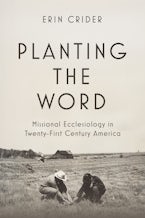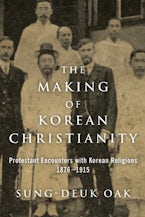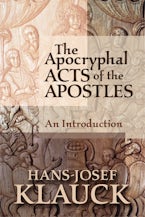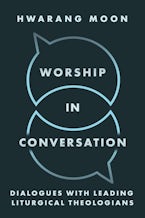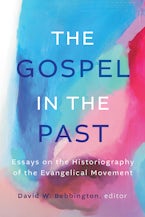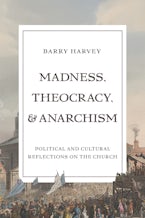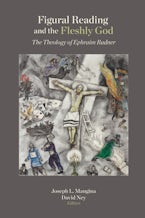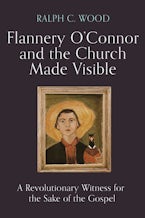Church planting is a highly visible expression of contemporary American evangelical Christianity. But fundamental questions about the history and theology of this practice remain largely unexamined. Why did church planting become so popular in late twentieth-century America? What exactly do American church planters understand themselves to be planting? How has the practice of planting churches impacted common, operant beliefs about church and mission?
Planting the Word addresses these questions, complementing existing qualitative studies of congregations while exploring—for the first time—elements of a shared religious culture at work across a range of planted American churches. Erin Crider locates the growing interest in church planting within key threads of mid-century missiological debates and major features of the culture and history of the United States. She then argues that American church-planting movements enacted specific shared beliefs: all churches are called to participate in the missio Dei, and ecclesial mission means creating spaces for contextualized gospel proclamation. Consequently, church planters fostered a growing popular interest in missional ministries, but unintentionally weakened the functional ecclesiology in many congregations. Some church plants even adopted practices related to the pastoral office, gathered worship services, and targeted demographic outreach that subtly undermined their sincere commitment to be missional churches.
With an eye to increasingly post-Christian, twenty-first century American communities, Planting the Word offers theological and practical resources to those who hope to understand, evaluate, and/or plant sustainable missional churches. Crider’s careful study thus begins an important academic conversation, inviting Christians in the United States to think theologically and contextually about contemporary church-planting ministries.

